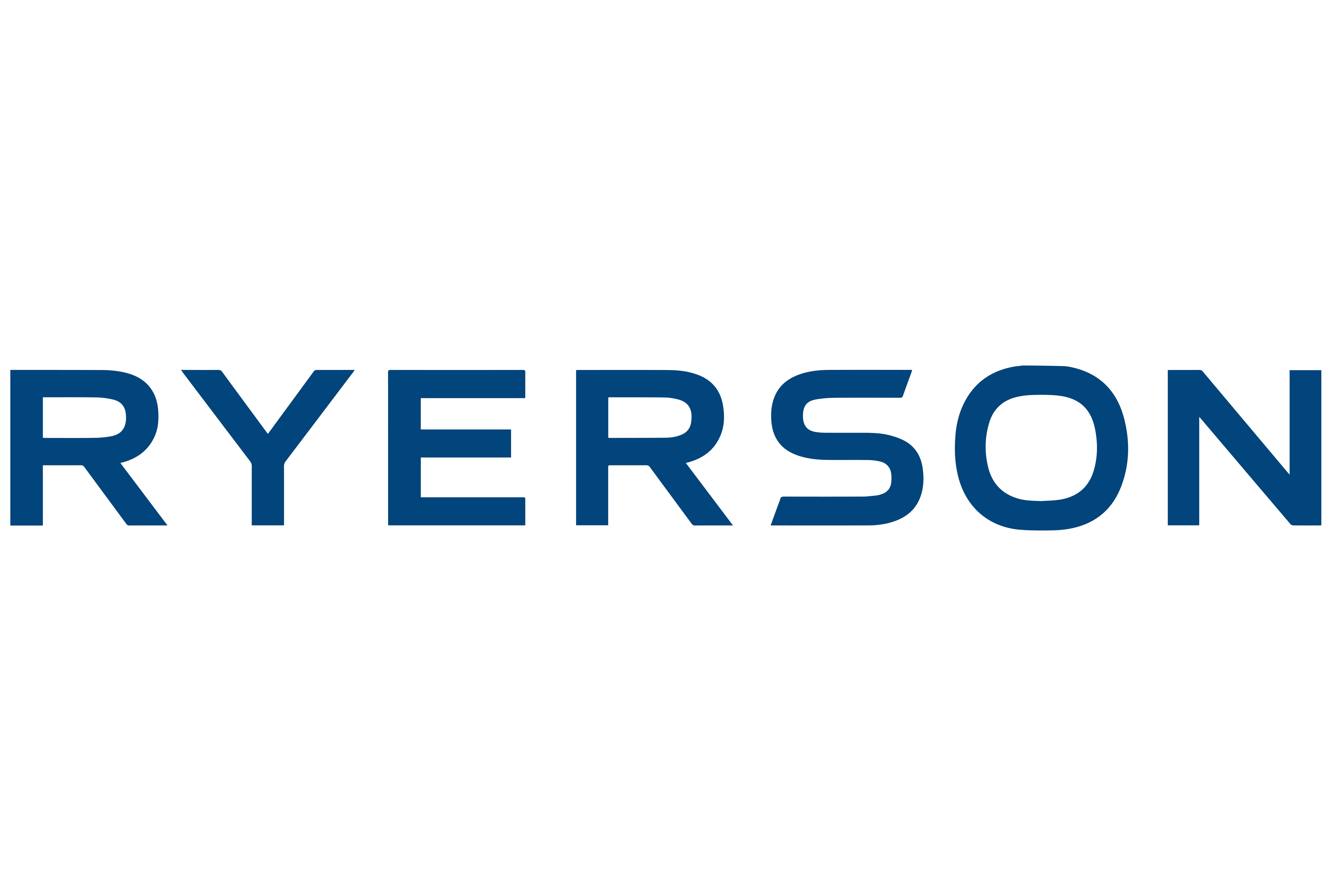Distributors/Service Centers
August 20, 2025
Galvanized steel prices slip while demand remains flat: HARDI
Written by Kristen DiLandro
Galvanized steel prices dipped to a ~$48 per hundredweight base this month from the $50-59/cwt range during July.
Monthly conditions
During the monthly Heating, Air-Conditioning & Refrigeration Distributors International (HARDI) Sheet Metal/Air Handling Council call on Tuesday, participants expressed optimism for the role US Section 232 tariffs appear to be playing in their respective industries.
SMU provides sheet market updates to the council of wholesalers, service centers, distributors, and manufacturers who buy or sell galvanized steel on each month’s call.
Participants mostly agreed that tariffs have raised prices at the base level (the floor) for selling steel. However, unlike in June and July when prices bounced around the $50-59/cwt range, prices have fallen even further.
Lower prices would seem to drive higher demand along the supply chain, but participants contend that demand remains mostly flat.
A few participants reported having modest bumps, which they attribute to service centers selling through some inventory that had been stocked earlier this year. Most who weighed in stated that demand flow is consistent, but lighter than is preferable. The HVAC industry professionals said week-to-week price fluctuations are minuscule.
The consensus from most participants is that the market is awaiting a catalyst to create some movement.
One large wholesale distributor pointed to a favorable monthly report issued by Dodge Construction in July. The Dodge Momentum Index (DMI) report, also commonly referred to as “The Dodge,” evaluates the value of nonresidential projects that have entered the planning phase of development. The measure is said to project nonresidential construction spending out a year.
Market commentary
In July, the index showed a jump of 20.8% for the month and was up 27% year-to-date.
“I would say demand is steady. I don’t think it’s weak. I don’t think it’s strong. It’s just kind of in that okay mode. Commercial construction has been good. We saw the highest ‘Dodge’ index reading ever for July, which is a huge number,” said the distributor.
He noted that the report is a pipeline of projects that can go online or be paused.
“Whether that’s three months, six months, or 12 months out is yet to be determined. But the fact that it jumped that much from June to July, and June wasn’t an insignificant month, is a good indicator that stuff is in the works,” he said.
A second service center operator supported points made by other participants regarding low but steady-flow demand. He added that he anticipates a shortage of aluminum.
“We sell additional products, and we think that people who buy aluminum will probably have a shortage coming up. We do have to do some sourcing for that, and we could see some constraints, but just buying from domestic mills might mean shortages,” he commented.
Participants generally agreed that imported products are less competitive right now, compared to domestically produced products.
A few participants weighed in on how tariff uncertainty is impacting the industry. Citing confusion about tariff rate percentages per country, which countries will have tariffs applied to their products, and whether tariffs will be enforced on retroactive shipments makes the risk of buying imports unattractive, they agreed.
Pricing outlook
In the call’s informal closing poll, 56% of participants anticipated galvanized sheet prices would remain relatively flat, +/-$2/cwt, for the next 30 days, while 11% anticipated prices would be down more than $2/cwt, and 28% said prices would be up more than $2/cwt. The remaining 6% believe the price will be up more than $4/cwt.
Thirty-five percent of participants expect the base galv prices to increase more than $2/cwt in the next six months.
While 44% of callers expected prices to bump back up to the $50s/cwt range a year from now, half of respondents were split on the pricing outlook a year from now: 25% of the group expects prices to be in the $40s/cwt range a year from now and 25% say prices will be up into the $60s/cwt range. The remaining 6% have a bullish outlook and expect prices to climb into the $70s/cwt range.






